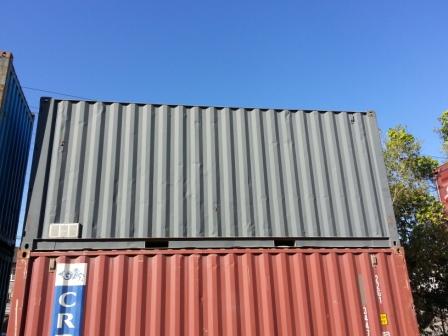What shipping container sizes are available?
Our standard containers are available in 3 lengths; 10ft, 20ft & 40ft. There are also mini containers available. Other sizes can be custom-built to your exact specifications. Click here for further information Gateway’s container products or review our complete list of container specifications for more sizing detail.
